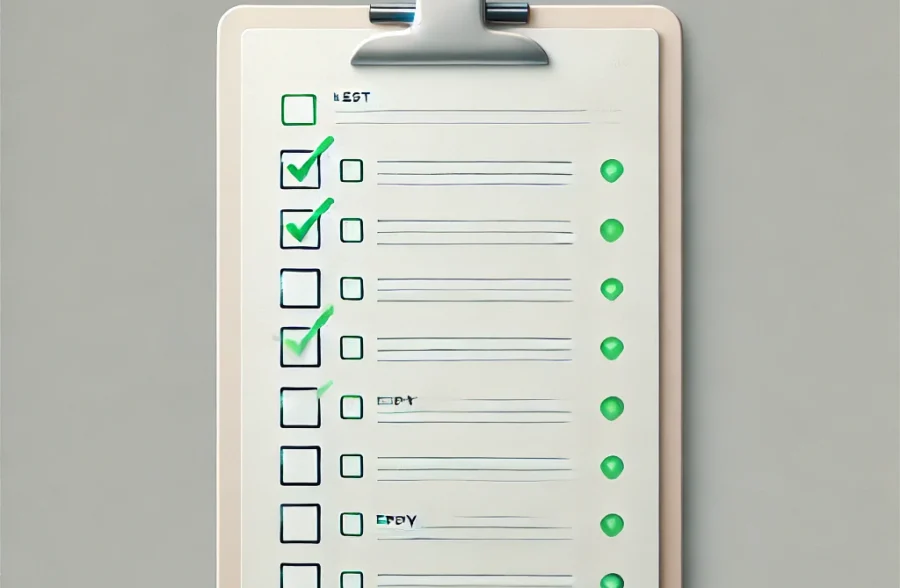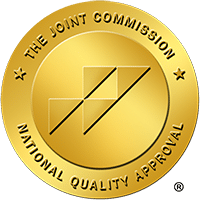Transcript Below
“ How do we measure the success of our programs?
I think that it’s a lot more than just completing the program, you know, and that’s the way a lot of people use or determine their metric for success is completion ratings. But when we have clients coming back as alumni and helping out, volunteering, reaching out, Consistently wanting to be a part of, and we get those messages of them taking their one-year and two-year, three-year chips, and that they’re sponsoring other people in their program when they go home and that they’re helping other people.
That’s really how I determine if we’re successful. If the people that we help are staying sober and helping other people, then we’re doing a good job. In a more immediate sense, when I see people hitting those life stage goals in their early recovery, meaning that, like, they’re asking to go to meetings on their own instead of just meetings that we take them to, they’re getting sponsors without being told to but also they’re lining up interviews, and they’re getting jobs, and they’re doing all these things that are essential that we motivate them towards but we can’t do the work for them, but they’re knocking off all these items that are necessary towards growing in their sobriety and achieving some sort of assimilation into the community, and they’re hitting all those boxes, and you’re watching them grow and develop and the ones that I would say we’re not successful with are the ones that you can see remain kind of spiritually dead.
They’re not doing anything to enlarge their spiritual program at the very utmost of what they’ve done is they put the plug in the jug. You know, all they’ve done is create a physical separation between them and the substance that they’ve been abusing. And so they’re not getting better. They’ve just stopped doing drugs.
The drugs were their solution. They haven’t even figured that out yet. So I determine our success is when I see people hitting all of those, those stepping stones that are necessary, you know, sponsor, check meetings, check, helping other people, check, got a job, reintegrating, graduating, coming back and helping out like those.
And we have so many examples of those, you know, it’s like, I, we have a guy born and raised in Lawton. Uh, he’s never had a job in his life. And he’s had an interview like every other day for the past few weeks. And odds are he’s about to get a job. Um, and that’s a huge deal. You know, it makes me want to go around and tell everybody.
You know, but it would break confidentiality. But I want to like, tell everybody in Lawton that works in this profession. Because they all know him. Be like, this dude’s got a job, man. Because we’ve done something that nobody’s done. You know, we’ve helped him. Stay balanced long enough that he can start self-realizing his potential, and that’s, I mean I was going to sleep the other night going like man.
I know we’re doing good if this dude got a job You know”




